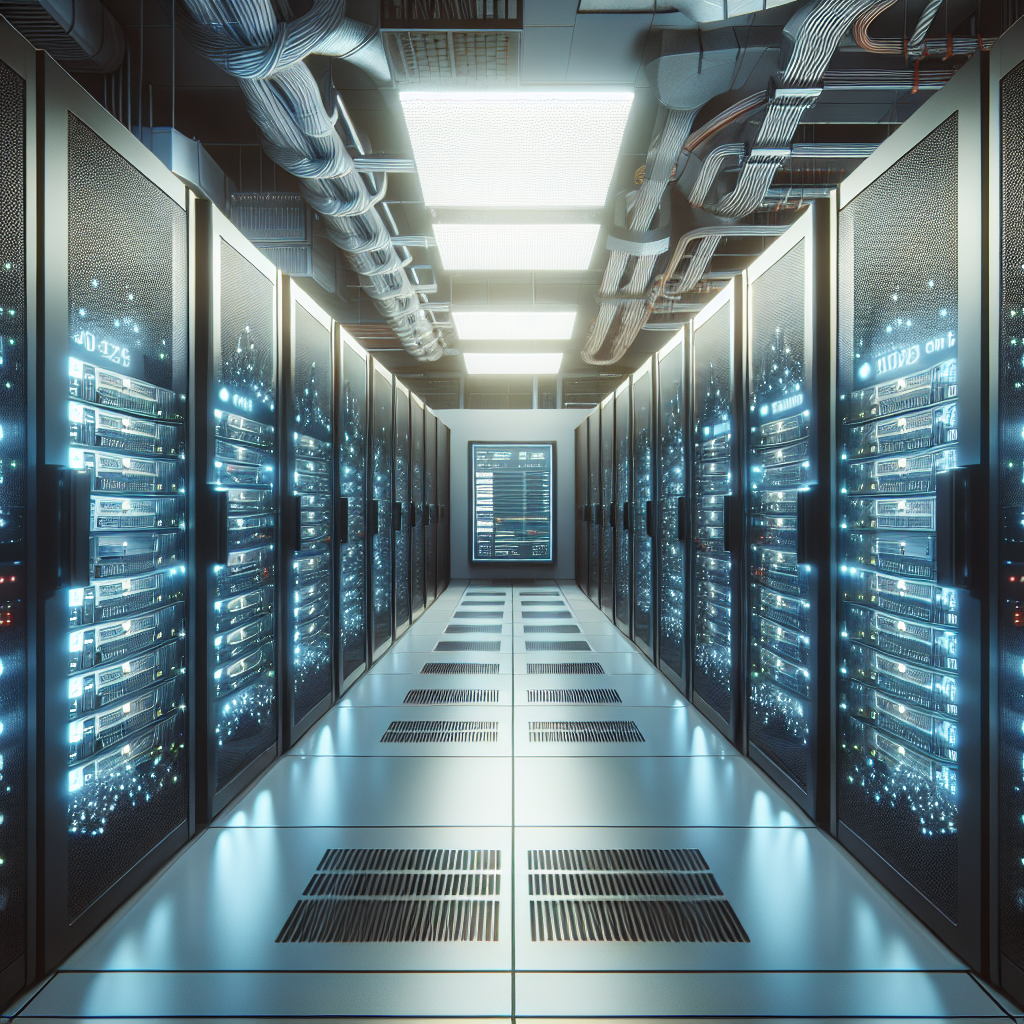Data centers are the backbone of modern businesses, providing the infrastructure necessary for storing and processing vast amounts of data. In today’s fast-paced digital world, ensuring efficiency and reliability in data center facilities is crucial for maintaining the smooth operation of businesses and delivering high-quality services to customers.
To achieve optimal efficiency and reliability in data center facilities, businesses should focus on several key areas:
1. Design and layout: The design and layout of a data center play a significant role in determining its efficiency and reliability. Proper planning and layout can help minimize energy consumption, reduce cooling costs, and improve airflow management. It is essential to consider factors such as server placement, cable management, and power distribution when designing a data center facility.
2. Cooling and temperature control: Data centers generate a significant amount of heat due to the operation of servers and other equipment. Effective cooling systems are essential to maintain a stable temperature and prevent overheating, which can lead to equipment failure and downtime. Businesses should invest in energy-efficient cooling solutions, such as hot aisle/cold aisle containment and efficient HVAC systems, to ensure optimal temperature control in data center facilities.
3. Power redundancy and backup systems: Power outages can have a devastating impact on data center operations, leading to data loss, downtime, and potential financial losses. To ensure reliability, data centers should have redundant power systems in place, including backup generators, uninterruptible power supply (UPS) units, and power distribution units (PDUs). These systems can help maintain power continuity and ensure uninterrupted operation during outages or emergencies.
4. Monitoring and management: Monitoring and management tools are essential for maintaining efficiency and reliability in data center facilities. By using advanced monitoring software and tools, businesses can track key performance metrics, identify potential issues, and proactively address problems before they escalate. Automated alerts and notifications can help data center operators respond quickly to critical events and prevent downtime.
5. Regular maintenance and upgrades: Regular maintenance and upgrades are essential for keeping data center facilities running smoothly and efficiently. Businesses should establish a comprehensive maintenance schedule for equipment, including servers, cooling systems, and power infrastructure, to ensure optimal performance and reliability. Upgrading outdated hardware and software can also help improve efficiency and performance in data center facilities.
In conclusion, ensuring efficiency and reliability in data center facilities is essential for businesses to maintain the smooth operation of their operations and deliver high-quality services to customers. By focusing on key areas such as design and layout, cooling and temperature control, power redundancy, monitoring and management, and regular maintenance and upgrades, businesses can optimize the performance of their data center facilities and minimize the risk of downtime and disruptions. Investing in advanced technologies and best practices can help businesses stay ahead of the curve and ensure the long-term success of their data center operations.


Leave a Reply